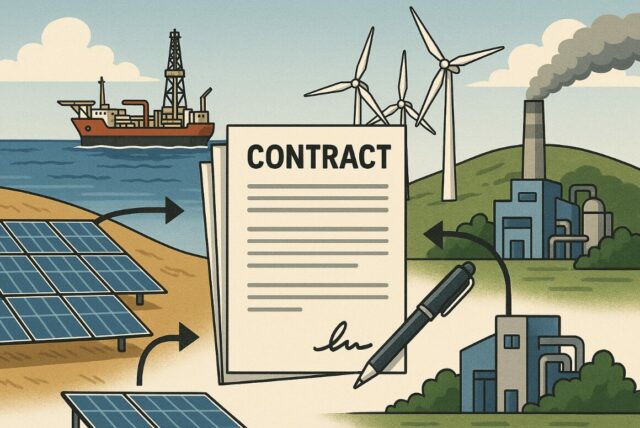The history of public procurement in France is in part a reflection of the country’s economic, legal and even political history. Let’s take a moment to analyze this story.
The origins of public procurement can be traced back to the Ancien Régime. However, procedures were not formally codified, and public contracts were often awarded at the whim of the monarch or influential nobles.
It was Napoleon Bonaparte who introduced the first formal legal framework for public procurement in the early 19th century. The imperial decree of 1806 concerning the organization of bridges and roadways established three basic principles that have endured to this day: advertising, competitive bidding and control of operations. This ensured that contracts were awarded fairly and transparently, rather than on the basis of favoritism.
During the 19th century, the public procurement system continued to develop, with a particular emphasis on bureaucracy and meticulous documentation management. Laws and regulations have also become increasingly complex, detailed and precise. The rules governing the awarding of public works contracts, for example, were strict and, if breached, could lead to severe penalties.
In 1928, France took a major step forward with the introduction of the Code des marchés publics. This code has consolidated existing rules and regulations into a single document, making it easier to understand and apply procurement rules. The code has undergone several revisions over the years, the latest version dating from 2019.
The fundamental principles governing public procurement in France today are defined by the Code: freedom of access to public contracts, equal treatment of candidates and transparency of procedures. The aim of these principles is to guarantee the efficiency of public procurement and the proper use of public funds.
In conclusion, the history of public procurement in France is one of increasing transparency and bureaucratic rationalization, reflecting the evolution of the French state itself. From the arbitrariness of the Ancien Régime to the fairness and transparency of the modern era, public procurement has come a long way, becoming an essential part of the French economy and an example of efficient public administration.







